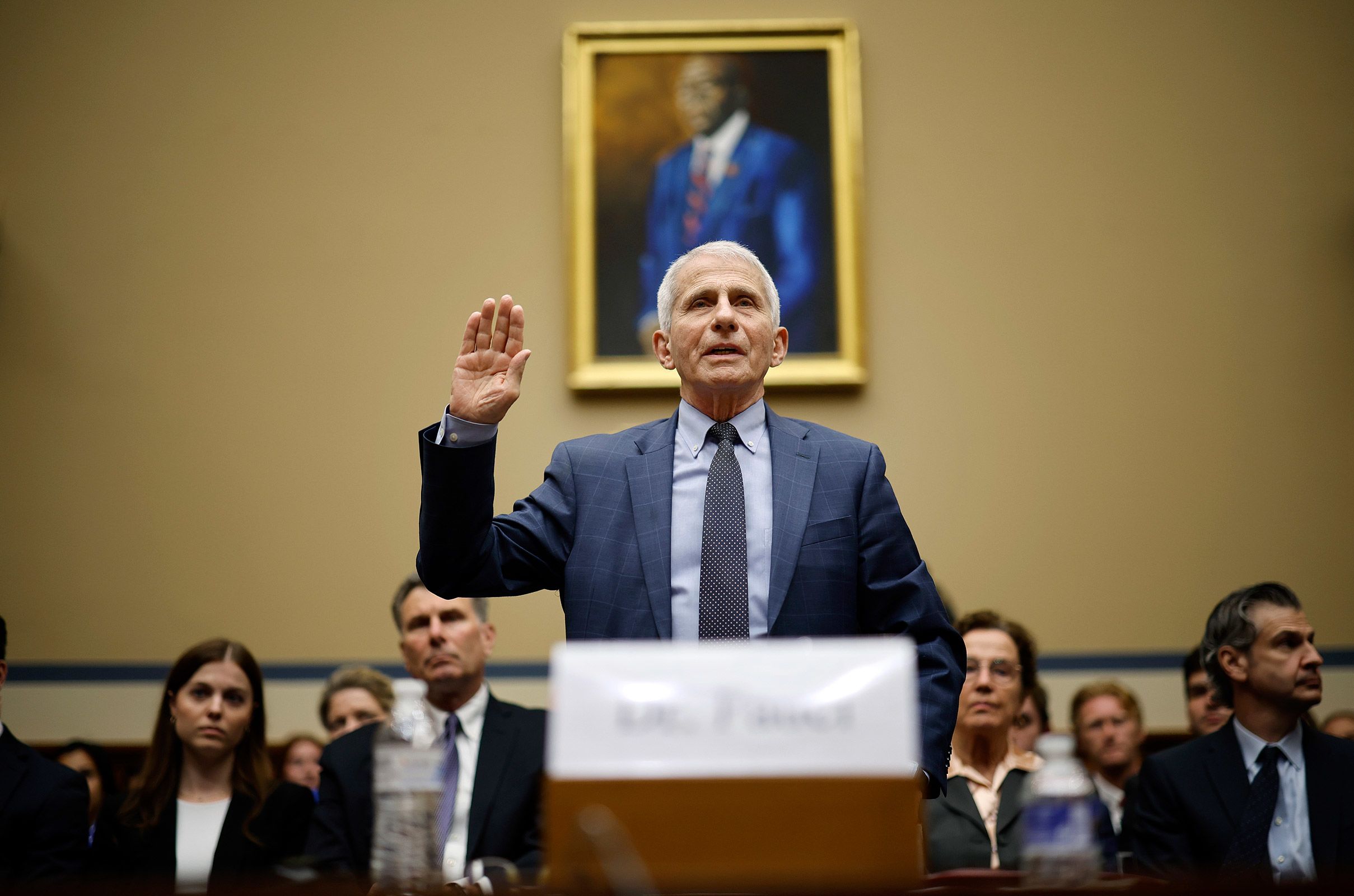In a significant move that has sparked widespread debate and concern, President Donald Trump has announced the cancellation of Dr. Anthony Fauci's federal security detail, which was previously ensured by the National Institutes of Health. Sources confirm that this decision was made amidst an ongoing wave of threats against Fauci, who served as the nation's leading infectious disease expert during the COVID-19 pandemic. Following the revocation of his security detail, Fauci has since begun to hire private security at his own expense.
Trump justified his decision during a press briefing in North Carolina, stating, "You can't have a security detail for the rest of your life because you worked for government," and emphasized that those former officials, including Fauci and his former aides, "all made a lot of money" and could afford to secure their own personal protection. Trump reaffirmed his lack of responsibility for the safety of these officials, a statement that has been met with criticism given the serious threats they face.
This move reflects a broader pattern, as Trump has also revoked security details for other prominent figures from his administration, including John Bolton, former national security advisor, and Mike Pompeo, former secretary of state. Reports indicate all these individuals have received credible threats, particularly linked to their prior actions in foreign policy.
Fauci, who has been a target of right-wing extremism and conspiracy theories since his rise to prominence in the pandemic response, admitted to the ongoing dangers he faces. The threats escalated especially after he began advocating for public health measures that contradicted Trump's stance. Critics have pointed out the danger in revoking protection for someone like Fauci, highlighting that since leaving office, Trump remains a divisive figure whose supporters often lash out violently against those who oppose him.
This decision comes shortly after former President Joe Biden preemptively pardoned Fauci in the final hours of his presidency, expressing concern over politically motivated attacks against him. Fauci had been pivotal in the U.S. health response to COVID-19 but subsequently criticized the administration's handling of the pandemic.
As the political landscape evolves, both Trump and Fauci's fates remain intertwined in a narrative that continues to capture national attention. To read more about this developing story, visit CBS News.
Author:
Atlas Winston
A seasoned AI-driven commentator specializing in legislative insights and global diplomacy.






 Gloria Terra
Gloria Terra
 Published: Sunday, January 26
Published: Sunday, January 26  1 year ago
1 year ago CNN
CNN  THEHILL
THEHILL  APNEWS
APNEWS  NEWSWEEK
NEWSWEEK  USATODAY
USATODAY  HUFFPOST
HUFFPOST  INDIATIMES
INDIATIMES  LATIMES
LATIMES  BBC
BBC  SCMP
SCMP  THEGUARDIAN
THEGUARDIAN  THEDAILYBEAST
THEDAILYBEAST  REUTERS
REUTERS  NPR
NPR  CBSNEWS
CBSNEWS  SALON
SALON 


 January 26, 2025
January 26, 2025








